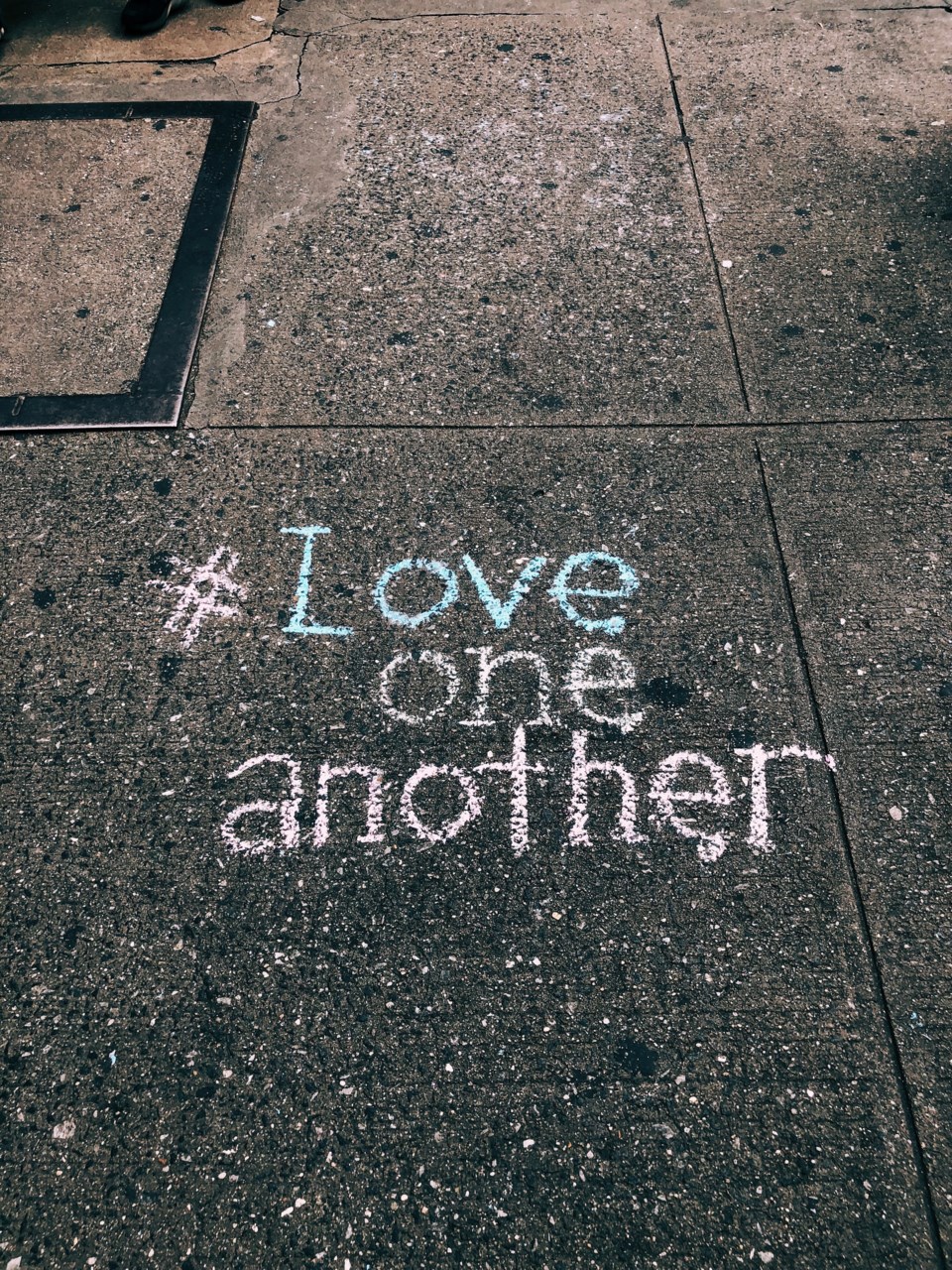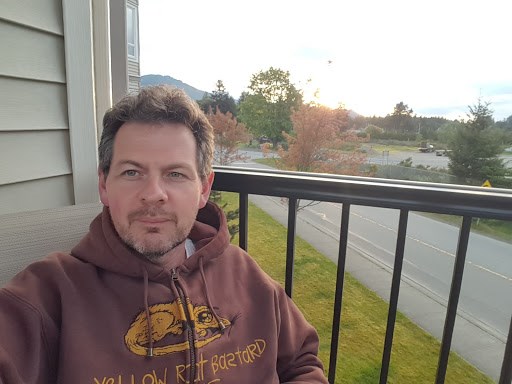
In my Faith Forum thought for this past Saturday I wrote about the Spiritual Discipline of seeing through the lens of love – and made reference to the fact this that I am not talking about a romanticised form of love, but a hard edged kind of love that seeks the best for everyone. I recognise that this is an odd concept, at least for many of us who have grown in with the Western idealised version of love which tells us love is a feeling, it’s something we can’t control, it’s something that comes from the heart, and more often than not it’s about possessing something or someone; ‘I want you baby, I need you baby, I can’t live without you baby’ kind of love.
And there’s something important about romantic love, about the love that brings bonds between people and creates lasting friendships and partnerships, marriages, families. That kind of love can make us feel light-headed, overwhelmed, excited, and passionate. I am deeply in love with my partner, having been married for just over a year and having known each other for three years I still get that rush of emotion when I see here, and still feel deeply smitten or, as one wit said, “you’re in deep smit.”
But when it comes to the bigger picture of love, there’s more. Love in the world’s spiritual traditions is multi-faceted, deeper, broader, and even more powerful than the romantic love that our media focusses on. Here’s the kind of love that the Christian Scriptures shares – a passage from Paul’s second letter to the Corinthian Church that many people know well:
“Love is patient; love is kind;
love is not envious or boastful or arrogant or rude.
It does not insist on its own way; it is not irritable or resentful;
it does not rejoice in wrongdoing, but rejoices in the truth.
It bears all things, believes all things, hopes all things, endures all things.
Love never ends.”
(1 Corinthians 13.4-8a)
Many years ago I heard a speaker say that many of hear or read that passage and think about how lovely it is, how poetic, how powerful – but few of us think how much it takes to live out those values. The speaker encouraged us to think about the passage but replace the word love with our own name.
I think I fell at “Alastair is patient!”
This kind of love is different to the love that we are encouraged to have in our everyday relationships– it’s the kind of love that can’t rely on how we feel in any given moment. Most of us who have been in a partnership with someone for any length of time would probably say that those things don’t rely just on the ‘squishy feelings’ either! Love, instead is something we learn, something we work at, something that demands something of us rather than us demanding something of it.
We might call this love compassion, or thoughtfulness, or kindness, or graciousness – but in the spiritual traditions of the world it all comes down to love. To learn to love is to do loving things, even things which take us out of our comfort zone.
For a Christian, the example of this is Jesus: Jesus reached out people who were considered untouchable or who were excluded from society. Jesus ate and shared time with people who were considered undesirable, he challenged structures of injustice and the colonialism which dominated the society he lived in, and he died the death of a criminal because he refused to conform to the structures of the religious or political world around him. That is the kind of example of love that I believe I am called to follow.
We live in a world which seems to lack a broader sense of love – where we are told that it is ‘everyone for themselves’ and ultimately it is only ‘me and my family’ that really matters. The rugged individualism which characterises all of Western society but particular, perhaps, the West Coast of this place originally called ‘Turtle Island’. And recognising the value and importance of individuals is an important part of being human – but not at the expense of the social animals we are. Those who are much clever than myself argue that though for many years it was considered that the reason homo sapiens were so ‘successful’ as a species was because of the evolution of and our ability to make tools, the real breakthrough was actually language and the creation of communication and in the end community.
And community thrives when we don’t look out just for ourselves but for one another.
And the way be become more loving is to do more loving. When we act in loving ways then we become more loving people. And in the faith traditions of the world we find that inspiration in the love which is given to us by God. Knowing ourselves completely and utterly loved by God for who we are, as we are, not as we feel we should be is the grounding from which we learn to love.
I know that I wouldn’t be the person I am without that grounding in love. I know that I have learned to be more loving as I have grown in my understanding of the faith in which I find the expression of my spirituality. I have the example not only of Jesus but of spiritual guides through many centuries who have inspired me to learn to love the unlovely and the unlovable, those who are not like me, those who are often excluded and looked down on. This love doesn’t allow me to stay in a place of prejudice unchallenged and it makes me uncomfortable as it points out the privilege I enjoy because of my skin colour, gender, sexual identity or background.
Love is profoundly uncomfortable, and profoundly world-changing, and my hope, my desire, and my prayer, is to continue to learn the lessons of what it really means to be a loving, faithful human being.
 The Ven. Alastair Singh-McCollum is Rector of St. John the Divine Anglican Church in Victoria and Archdeacon, Diocese of Islands and Inlets. He has a passion for the Gospel, motorbikes and bike culture, worship, philosophy, theology, guitars, single malt whisky, real ale, cinema and all things French. You can find Alastair at the church website: www.stjohnthedivine.bc.ca and on his blog: fracme.blogspot.ca
The Ven. Alastair Singh-McCollum is Rector of St. John the Divine Anglican Church in Victoria and Archdeacon, Diocese of Islands and Inlets. He has a passion for the Gospel, motorbikes and bike culture, worship, philosophy, theology, guitars, single malt whisky, real ale, cinema and all things French. You can find Alastair at the church website: www.stjohnthedivine.bc.ca and on his blog: fracme.blogspot.ca
You can read more articles on our interfaith blog, Spiritually Speaking, HERE


